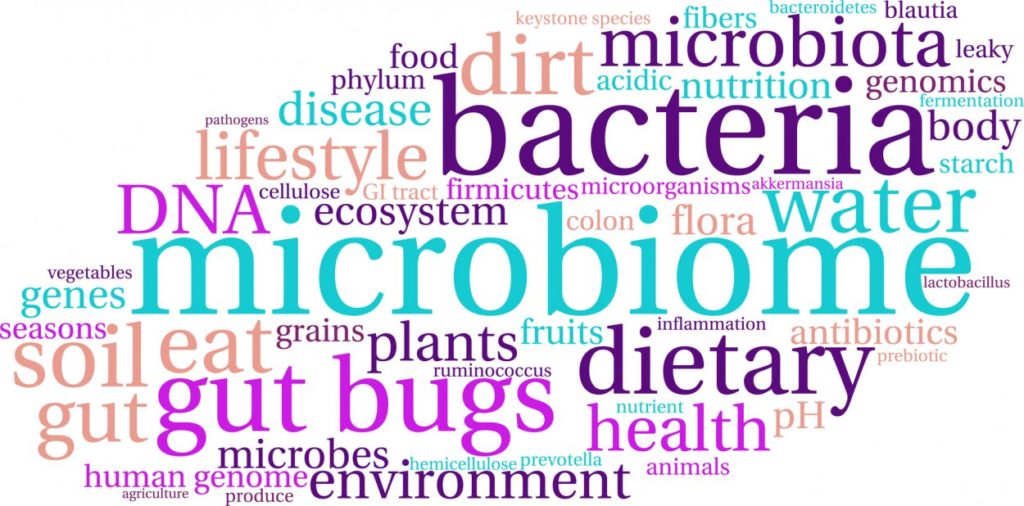How Can Your Gut Microbiome Affect You When You Are Older?

The gut microbiota differs between babies, young adults and older people. When we are born, humans are sterile with microbial colonization occurring straight after birth. This is influenced by the type of birth – vaginal or caesarian, feeding practices – nursing or formula fed and the external environment. Our microbiome seems to become more stable and remain fairly consistent in healthy individuals from the age of 2 through adulthood. Gradually as one gets older, the microbiome changes as a result of the deterioration of physiological functions of the body, as well as other factors including changes in ones environment, medication and diet.
As more knowledge is being accrued about the gut microbiome and its overall affect on our health, scientists are now studying the potential effects microbiota have on aging individuals – does it affect the aging process or does it simply change as a function of age. With the help of modern medicine today, individuals are living longer lives and the aging population is living well into their 80’s. The challenge now is to find ways to keep elderly people healthy for longer and reduce illnesses and sometimes long term morbidity that precedes death. This will help reduce healthcare costs and improve socio-economic conditions for the elderly.
There is evidence that the aging process is affected by the loss of gut microbiota diversity which in turn is associated with increased health risks. Microbiota has been shown to be affected by external factors including diet, exercise, medication, mobility and cohabitation patterns such as living independently in a community or in a long-term care facility. Older people tend to eat smaller portions, have diets that consist of less variety and are lower in fiber-containing foods. This leads to the risk of elderly seniors becoming malnourished and is associated with a decrease in microbiota diversity.
Although microbiota diversity is not significantly associated with chronological aging, increased frailty, inflammatory markers and reduced cognitive performance is associated with the loss of diversity in the core microbiota groups. The microbiota changes associated with a senior’s duration in long-term care, can be linked to the changes associated with biological aging and the known deterioration in health that occurs when people enter long-term care. Elderly people who live in a community tend to be healthier and less frail as opposed to their counterparts living in retirement homes.
Several studies have suggested that eating the correct diet and taking pre /probiotic supplements, can help stimulate the growth and functionality of bacterial species in the gut microbiota, prevent age related pathophysiological conditions and increase longevity. Prebiotics are fermented ingredients or non-digestible food ingredients, which promote growth of different bacterial species in the gut microbiota. Probiotics on the other hand are live microbes supplements, which maintain the microbial balance in the gut and are highly beneficial for a healthy gut.
Although a lot more research is required into this subject, recent studies investigating the correlation between gut microbiota and aging have suggested that the composition and metabolic functions of gut bacterial species are altered with age and can be associated with numerous gut-related diseases. It is therefore highly beneficial to maintain a healthy microbial community in the gut through pre / probiotics and healthy eating in order to help delay the onset of age-associated diseases.